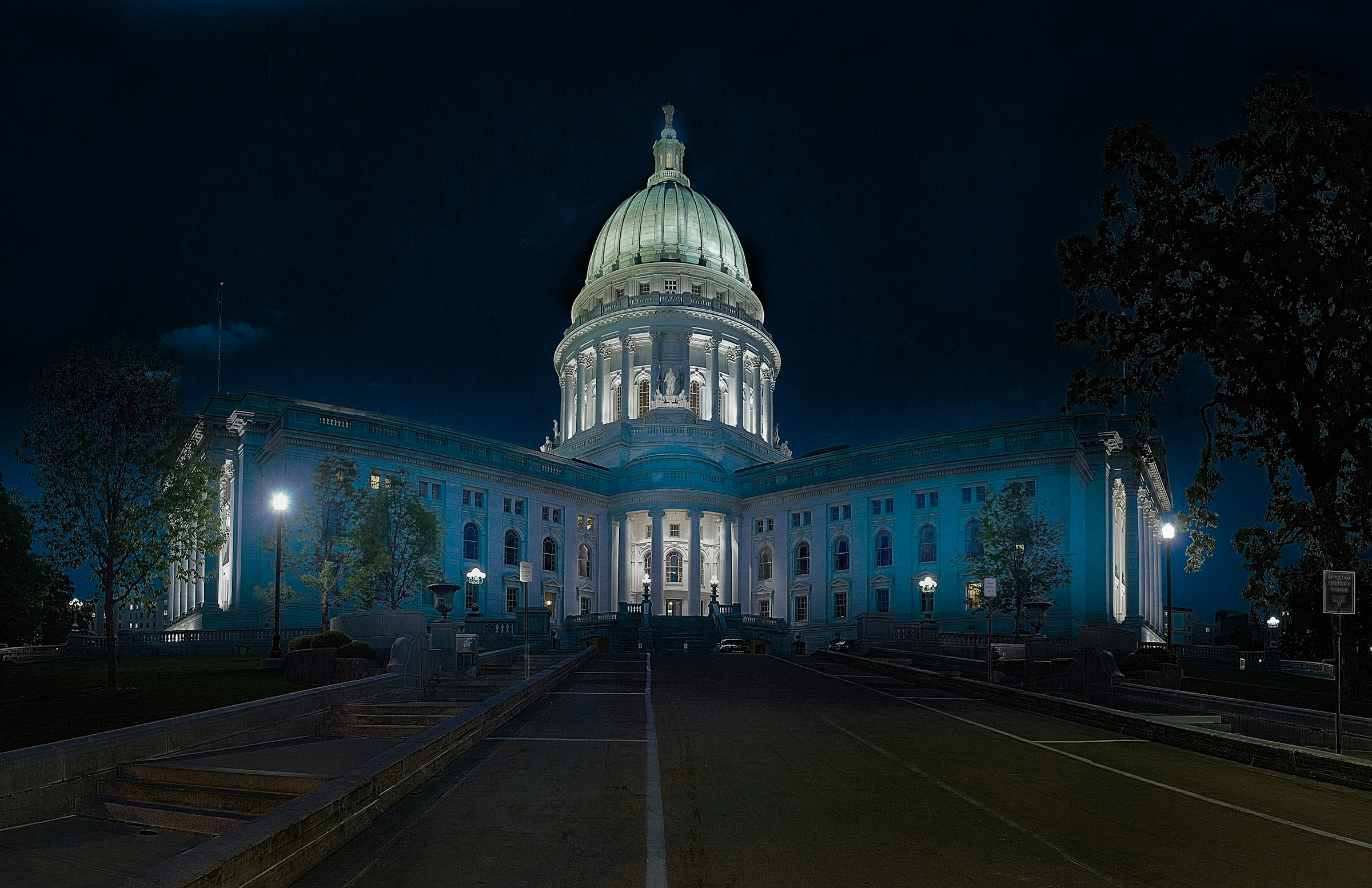Throughout much of 2023, a limited number of states took legislative measures to address the challenges posed by artificial intelligence (AI) and deepfakes in political campaigns.
However, as the 2024 election cycle gains momentum, lawmakers from both major political parties in at least 13 states have proactively introduced legislation in the first three weeks of the year to combat the potential mis- and disinformation generated by AI and deepfake technologies.
Deepfake Threats Emerge in the 2024 Election Cycle
The urgency of addressing this issue became evident after the recent emergence of a fake robocall in New Hampshire featuring a voice impersonating President Joe Biden.
According to NBC News, the call advised Democratic voters not to cast their ballots in the primary, raising concerns about using AI or deep fake techniques. While the voice's origin remains uncertain, the New Hampshire attorney general's office investigates the matter, noting that the message seemed "artificially generated based on initial indications."
Robert Weissman, President of the government watchdog group Public Citizen, emphasized the critical moment for political deepfakes, calling on policymakers to swiftly implement protections to avoid potential electoral chaos. He highlighted the New Hampshire incident as a reminder of how deepfakes can create confusion and perpetuate fraud during the campaign season.
Legislative Approaches: Disclosure Requirements and Bans
States are responding to the deepfake threat with legislative initiatives that generally fall into two categories: disclosure requirements and bans.
Disclosure requirements involve placing disclaimers on media created with AI that aims to influence an election within a specified timeframe. According to Diginomica, bans often come with nuanced exceptions, such as Michigan's law enacted last year, which allows exceptions if a disclosure has been shared and the creator is unaware that the content "falsely represents" the depicted individuals.
As of the beginning of this year, Republican lawmakers in Alaska and Florida have introduced bills focusing on disclosure requirements, reflecting a growing awareness of the need for proactive measures to safeguard the integrity of political campaigns in the face of advancing AI and deepfake technologies.
Photo by: Michael/Unsplash



 Nvidia Nears $20 Billion OpenAI Investment as AI Funding Race Intensifies
Nvidia Nears $20 Billion OpenAI Investment as AI Funding Race Intensifies  SpaceX Seeks FCC Approval for Massive Solar-Powered Satellite Network to Support AI Data Centers
SpaceX Seeks FCC Approval for Massive Solar-Powered Satellite Network to Support AI Data Centers  Google Cloud and Liberty Global Forge Strategic AI Partnership to Transform European Telecom Services
Google Cloud and Liberty Global Forge Strategic AI Partnership to Transform European Telecom Services  Amazon Stock Rebounds After Earnings as $200B Capex Plan Sparks AI Spending Debate
Amazon Stock Rebounds After Earnings as $200B Capex Plan Sparks AI Spending Debate  OpenAI Expands Enterprise AI Strategy With Major Hiring Push Ahead of New Business Offering
OpenAI Expands Enterprise AI Strategy With Major Hiring Push Ahead of New Business Offering  AMD Shares Slide Despite Earnings Beat as Cautious Revenue Outlook Weighs on Stock
AMD Shares Slide Despite Earnings Beat as Cautious Revenue Outlook Weighs on Stock  Sony Q3 Profit Jumps on Gaming and Image Sensors, Full-Year Outlook Raised
Sony Q3 Profit Jumps on Gaming and Image Sensors, Full-Year Outlook Raised  Global PC Makers Eye Chinese Memory Chip Suppliers Amid Ongoing Supply Crunch
Global PC Makers Eye Chinese Memory Chip Suppliers Amid Ongoing Supply Crunch  SoftBank Shares Slide After Arm Earnings Miss Fuels Tech Stock Sell-Off
SoftBank Shares Slide After Arm Earnings Miss Fuels Tech Stock Sell-Off  Elon Musk’s Empire: SpaceX, Tesla, and xAI Merger Talks Spark Investor Debate
Elon Musk’s Empire: SpaceX, Tesla, and xAI Merger Talks Spark Investor Debate  SoftBank and Intel Partner to Develop Next-Generation Memory Chips for AI Data Centers
SoftBank and Intel Partner to Develop Next-Generation Memory Chips for AI Data Centers  Baidu Approves $5 Billion Share Buyback and Plans First-Ever Dividend in 2026
Baidu Approves $5 Billion Share Buyback and Plans First-Ever Dividend in 2026  TSMC Eyes 3nm Chip Production in Japan with $17 Billion Kumamoto Investment
TSMC Eyes 3nm Chip Production in Japan with $17 Billion Kumamoto Investment  Instagram Outage Disrupts Thousands of U.S. Users
Instagram Outage Disrupts Thousands of U.S. Users 































